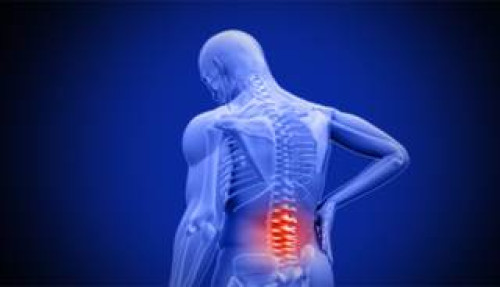A Comprehensive Spine Center Approach

At Florence Neurosurgery and Spine Center, we embrace a multidisciplinary approach to the care of our patients. Our spine care specialists include physicians and providers with expertise in neurosurgery, neurology, interventional pain management, sports medicine, non-operative spine care, and physical therapy. Although many patients ultimately benefit from surgical interventions, most patients do not need surgery.
As we often tell our medical students, it is critical to understand the natural history of any disease that you treat. In other words, what happens if you do nothing? Most people with back and neck pain get better. Most patients with a disc herniation get better without surgery. The challenge of course is to reduce pain and suffering while waiting for the natural history to play out.
There are multiple interventions that reduce pain and suffering and accelerate recovery in patients with back and leg pain or neck and arm pain. Physical therapy is the mainstay of conservative management. Yet physical therapy is more than “back and neck exercises.” Physical Therapy involves multiple modalities that target pain generators including ultrasound, electrical stimulation, traction, iontophoresis, and dry needle therapy.
Non-narcotic medications are often helpful in the management of spinal disorders. Oral steroids, non-steroidal medications such as ibuprofen, muscle relaxants, and gabapentin are typical examples. Although narcotics may have a role in the management of acute post-operative pain, at Florence Neurosurgery and Spine Center we believe that these medications are only rarely indicated in the ongoing management of neck and back pain.
Interventional pain management offers many options that alleviates pain by targeting specific areas within the spine. Injections can target either nerves, muscles, or joints depending upon what is the likely pain generator. Ablative treatments such as radiofrequency lesioning and restorative treatments such as neuromodulation therapy (spinal cord stimulators) offer minimally invasive options for many patients.
Sometimes patients are “advertised” as one thing but actually have a very different problem. Shoulder pain, for example, can be a pinched nerve in the neck but also can be an issue with the shoulder itself. Imaging, electrical studies, physical examination, and a good history are all critical components to accurately diagnosing the true cause of a patient’s symptoms.
Unfortunately, in many patients, low back pain is a chronic condition. Physical therapy, interventional pain management, and yes, sometimes surgery, are necessary in the management of acute, subacute and chronic low back pain. And yet, many patients are better served with other approaches.
A growing body of scientific literature suggests that mind–body exercise therapies may be helpful tools in managing patients with low back pain. As a part of a multidisciplinary approach to the treatment of chronic low back pain, Florence Neurosurgery and Spine offers supervised Yoga classes by a certified instructor. Yoga is a good alternative for many of our patients
Although surgery helps many patients, at Florence Neurosurgery and Spine Center our first goal is to improve our patients’ lives through non-operative means. But if surgery is necessary, minimally invasive approaches should be the first option!
© Florence Neurosurgery and Spine Center